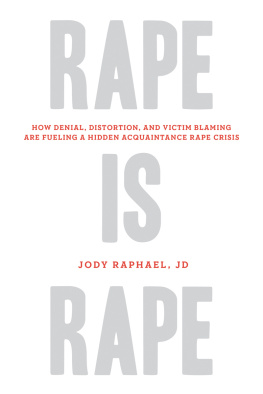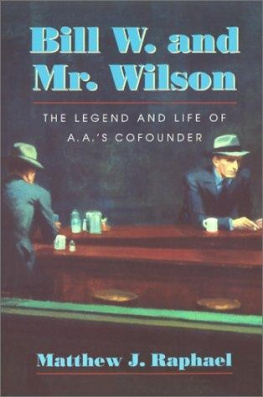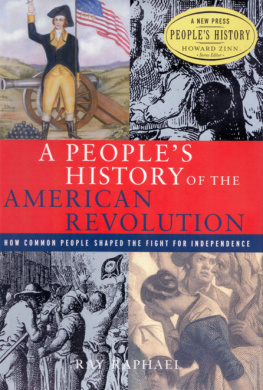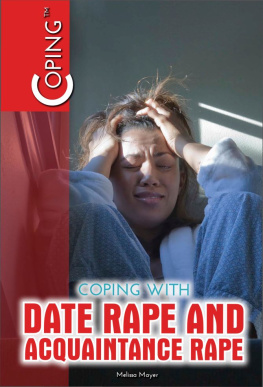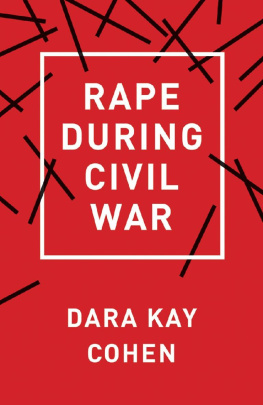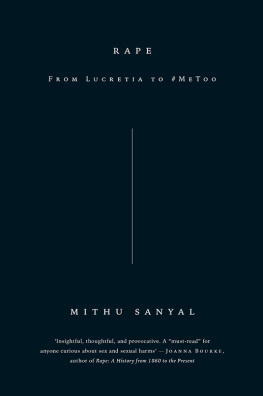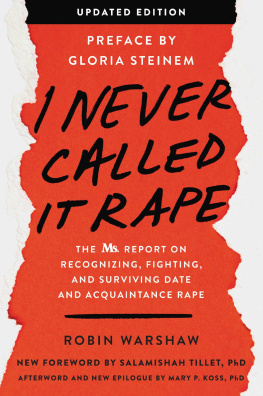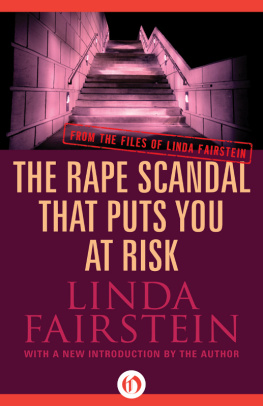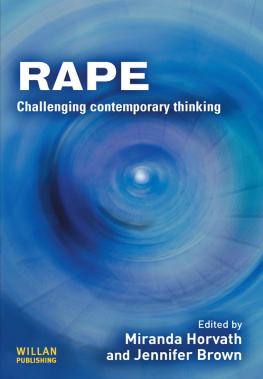

Copyright 2013 by Jo Ann Raphael
All rights reserved
First edition
Published by Lawrence Hill Books, an imprint of
Chicago Review Press, Incorporated
814 North Franklin Street
Chicago, Illinois 60610
ISBN 978-1-61374-479-6
Cover design: Debbie Berne Design
Interior design: PerfecType, Nashville, TN
Library of Congress Cataloging-in-Publication Data
Raphael, Jody.
Rape is rape: how denial, distortion, and victim blaming are fueling a hidden acquaintance rape crisis / Jody Raphael. First edition.
pages cm
Includes bibliographical references and index.
ISBN 978-1-61374-479-6 (pbk.)
1. Acquaintance rape. 2. Date rape. I. Title.
HV6558.R374 2013
364.1532dc23
2012045659
Printed in the United States of America
5 4 3 2 1
For TK Logan
All I maintain is that on this earth there are pestilences and there are victims, and its up to us, so far as possible, not to join forces with the pestilences.
Albert Camus, The Plague
Contents
Introduction
I n the wake of rape allegations against WikiLeaks founder Julian Assange, feminist Naomi Wolf publicly denied that if a man holds down and tries to sexually penetrate a woman who previously agreed to sex but who changed her mind after he refused to wear a condom, he is a rapist. She also denied that penetrating a sleeping woman is rape. Wolf later went further, alleging that it is wrong to keep confidential the names of people who report that theyve been raped. She reasoned that it encourages false claims and that women should grow up and be treated as moral adults who stand by their allegations. When the two Assange accusers names were released, they received death threats and experienced other forms of humiliation, the very reason names are publicly withheld now.
In 2011, the US House of Representatives leadership introduced the bill H.R. 3, also known as the No Taxpayer Funding for Abortion Act, which disallowed federal funds for abortions for rapes that do not involve force. Although the provision, later excised from the legislation, was intended to further limit abortions in the United States, it perpetuated the idea that real rape always involves force and that acts of sexual penetration against drugged or unconscious individuals are not rapes.
Responding to the perceived problem of false rape claims, in 2010 the new governing coalition in the United Kingdom sought to extend anonymity in rape cases to defendants, a plan that was later abandoned after widespread protest. Later, the countrys chief justice minister let it slip that he viewed acquaintance rape as less grave than serious rape.
Defenders of Dominique Strauss-Kahn, the International Monetary Fund managing director and French presidential candidate who was charged with rape in 2011, launched scathing attacks on the veracity and credibility of the housekeeper who claimed the attack took place in his hotel room. They asserted that she was lying about the event, either on her own or as part of a political conspiracy by Strauss-Kahns political enemies.
The controversies continued in 2012. In August, Republican representative Todd Akin of Missourithen a US Senate candidateexplained his opposition to abortion, even in cases of rape, by stating that womens bodies blocked unwanted pregnancies when legitimate rape occurred. Thus any woman wanting an abortion due to rape was lying about being raped. Indiana state treasurer Richard Mourdock, who was running for an open Senate seat, minimized the horrors of rape by asserting his lack of support for an abortion exception in cases of rape: Even when life begins in that horrible situation of rape, that is something that God intended to happen.
What is going on here? The more acquaintance rapes are reportedand the more acquaintance rape claims are taken seriously by prosecutors, judges, and juriesthe more people clamor that women are falsely claiming theyve been raped. And if the accuser is not lying, then she is responsible for the incident by drinking and being sexually promiscuous, her actions resulting in sexual penetration that, though unwanted, cannot be considered serious or harmful.
Ironically, the cacophony has gained in volume and vehemence just as rape researchers have conclusively demonstrated, through government-sponsored studies, that acquaintance rape remains a serious problem in the United States. The latest study from the Centers for Disease Control and Prevention (CDC) finds that 12.3 percent of American women over eighteen years of age, or more than fourteen million women, state they have been forcibly sexually penetrated within their lifetimes620,000 of these within the last twelve months. Yet this information remains hidden to members of the public and the media.
At the same time, the number of rape cases in which charges are filed has actually declined. Research indicates that although the number of people who come forward to report rape has increased since 1975 in the United States, it has remained stable since the 1990s, despite claims that reports of rape have risen. However, the number of defendants charged with rape as a ratio of the number of rapes reported to police was cut in half between 1971 and 2006this decrease contradicts allegations that out-of-control prosecutors are filing an increased number of rape cases. We know that, in well over 80 percent of these incidents, the accuser knows the accused. Is the decline in the number of rape charges filed the result of a growing public belief in false rape claims? Is it due to an increase in victim blaming, something for which our sexually liberated society has a special talent?
In the Assange and Strauss-Kahn matters, the attacks on the women who reported being raped were punitive, which encouraged others to voice their inappropriately vindictive opinions. The experience of Cassandra Hernandez in 2007 is a prime example of this type of backlash. A member of the US Air Force, the nineteen-year-old Hernandez reported that three of her fellow airmen gang-raped her at a party. Following a harsh interrogation, she decided not to testify against the men. In a letter to Texas governor Rick Perry, she noted that she chose not to pursue the case under enormous stress and after consultation with the legal office. The pressure of the judicial process was too much for me, she wrote.
After the collapse of the rape case, the air force decided to accuse Hernandez herself with underage drinking and indecent acts, allegations leading to a court-martial that could have resulted in up to a year in prison and dismissal from the service. The new claim asserted that she performed an indecent act on one of the men while the other two watched. Then the air force offered immunity from the rape charges to the men if they testified against Hernandez. Some media commentators found it baffling that, in a case involving a female minor and three men, the air force decided the young woman was the guilty party. This categorization clearly blamed Hernandez for what had occurred. As Jessica Valenti noted in her book The Purity Myth, She was charged with her own rape.
In fact, the current debate is just part of a long-running quarrel about the seriousness of acquaintance rape during an era in which people are sexually liberated. Opponents of feminismand even certain groups of feministshave denied that there is a high prevalence of acquaintance rape. Some feminists fear that the issue of acquaintance rape will interfere with the gains of womens sexual liberationthis concern causes them to minimize its frequency and consequences. For their part, conservatives find feminists crusade against the rape epidemic to be an assault on men and the nuclear family. They view acquaintance rape as the inevitable consequence of womens sexual risk taking, and they blame girls and women for any harm that comes to them.
Next page
